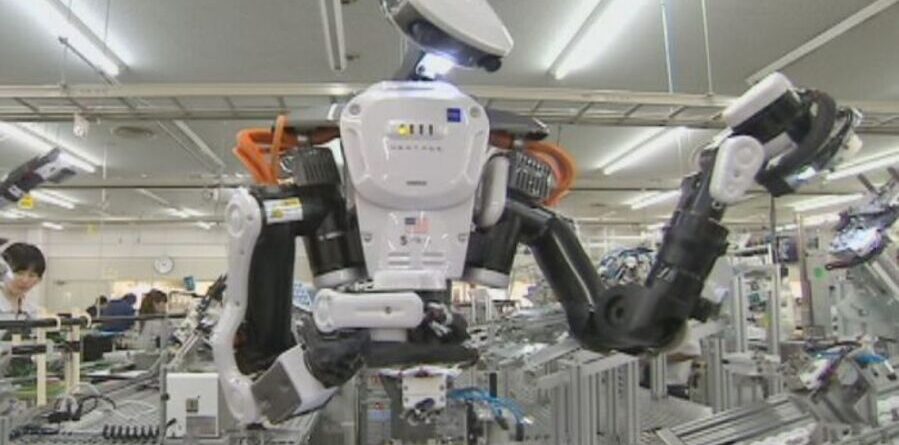Japan’s Lesson for the World: Robots Won’t Save Us
Japan affords a preview of what the future of the United States, Australia, and Western Europe will become unless meaningful steps are taken to ensure that a nation’s relevance is measured by how it creates lives of dignity for its citizenry. But seeing this relevance has become difficult as much of the luster has gone from Japan studies. Wistful comments about heady days during the 1980s, when scholars of Japan were in demand, are still heard. But China now sits as the undeniable object of attention in exchanges that spill out of academic departments and into popular conversation. Japan, it would appear, has been usurped and its scholars are a skittish and shrinking bunch.
While this is an overly general characterization of how the conventional wisdom is organized, in the ways that it is true it betrays a startling failure of thought. It reveals the simplistic manner in which loosely defined concepts like “importance” and “relevance” are framed. Japan’s purported heyday, the economic bubble era of the 1980s and early 1990s, was an object of global obsession rooted in financial ascendency and challenges to American economic hegemony. In a simplistic cut and paste manner, China has replaced Japan as the preeminent target of Western popular and academic focus largely because of the attention its economic power generates, and the potential challenges it again creates for an ongoing but more aggressively questioned global dominance by the United States. All of this is indicative of a failure to think substantively about either nation. Instead, it demonstrates that far too often academics, pundits, and commentators struggle to conceive of worth and relevance as anything other than the output from large-scale economic indicators.
Read more @The Diplomat
281 views










